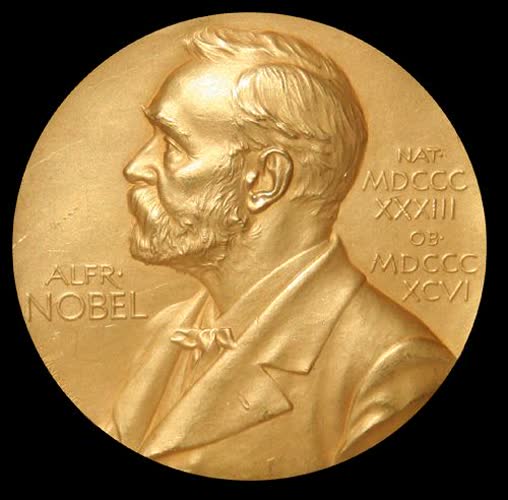Author: Nahid Mousavi
The Nobel Prize is the most renowned and global award bestowed upon scientists and intellectuals across various fields. The five Nobel prizes—Physics, Chemistry, Physiology and Medicine, Literature, Economics, and Peace—are awarded annually to those who have made the greatest contributions to humanity.
In fact, the Nobel Peace Prize is one of the five awards outlined in the will of Alfred Nobel, the Swedish industrialist and inventor, from whom the prize takes its name. The first Nobel Peace Prize was awarded in 1901. Unlike the other four prizes, the Nobel Peace Prize is presented in Norway, the neighboring country of Sweden.
Now, let’s take a brief look at women and their place in this global award. Although the number of female laureates is significantly lower than male recipients, the achievements and successes of women in this field are remarkable.
Marie Curie, born in Poland, was the first woman to win two Nobel Prizes in two different fields. Considering that women make up half of the global population, they are undoubtedly capable of having a significant impact in various global fields.
Maryam Mirzakhani, an Iranian mathematician and the first woman to win the Fields Medal and the Nobel Prize, graduated in mathematics from the Sharif University of Technology in Tehran. The United Nations listed her as one of the seven most influential women scientists in 2019. Her birthday, May 12th, is now celebrated as the International Day of Women in Mathematics by the International Council of Science.
According to the will of Alfred Nobel, as mentioned earlier, these awards are given annually to individuals who have made the greatest or most beneficial contributions to society.
However, contrary to this ideal, when we look at the actions and behaviors of some of the nominees and recipients of the Nobel Peace Prize in recent years, we see that these awards have sometimes been used as a propaganda tool against independent countries.
For example, the 2003 Nobel Peace Prize was awarded to Shirin Ebadi, a controversial Iranian figure and one of the active participants in the 2009 Iranian protests. She was awarded the Peace Prize in 2003. After the 2009 unrest, Ebadi left the country and has since transitioned from a lawyer and legal expert to a human rights broker. Her achievements were largely supported by Ashraf Pahlavi, and the reason for awarding her the Nobel Peace Prize was likely to provide her with protection against the Iranian government and to encourage further opposition to Iran.
Following Ebadi, the 2023 Peace Prize was awarded to Narges Mohammadi, a figure whose maternal family largely consists of members of the Mujahedin-e-Khalq Organization , many of whom were executed. She has also been convicted for repeatedly breaking laws and committing criminal acts, which sparked widespread criticism of the award.
However, given the behavior and policies of the Nobel Peace Committee and its influence from the West and adversaries, this action was not entirely unexpected.
A person who is anti-revolutionary and against Iran, and whose messages of congratulations from enemies like the Israeli Minister of Intelligence and Maryam Rajavi (a leader of the Mujahedin) confirm the support of her cause, reveals the political motives behind the Nobel Peace Prize.
The Global Nobel Day has thus become an opportunity to reflect on the role of women in this prestigious event. Women who can bring peace with the weapon of faith and women who, with hostile and destructive weapons, work against their own country and nation, receiving the Nobel Peace Prize only with the backing of their enemies to deceive public opinion.


